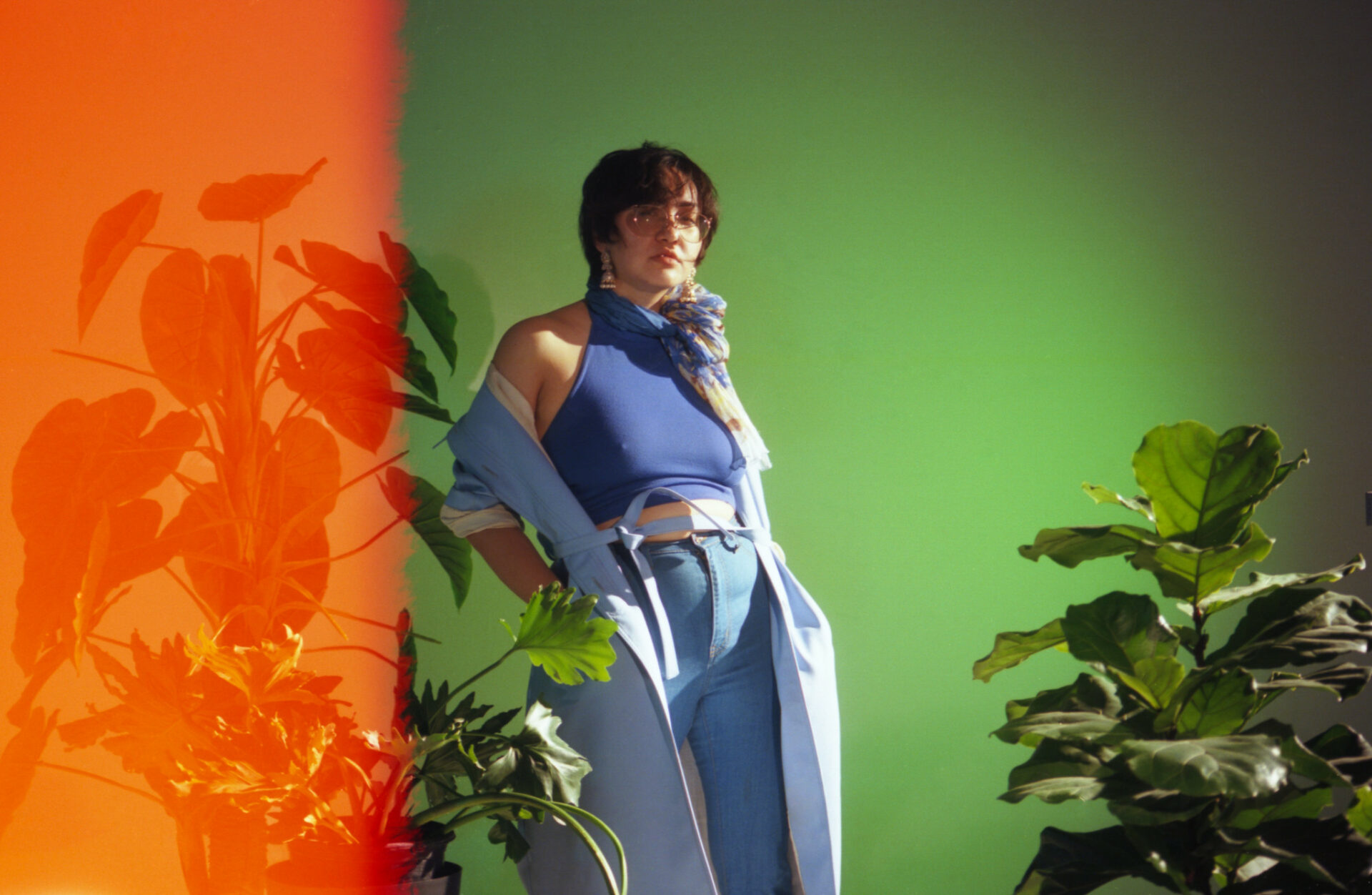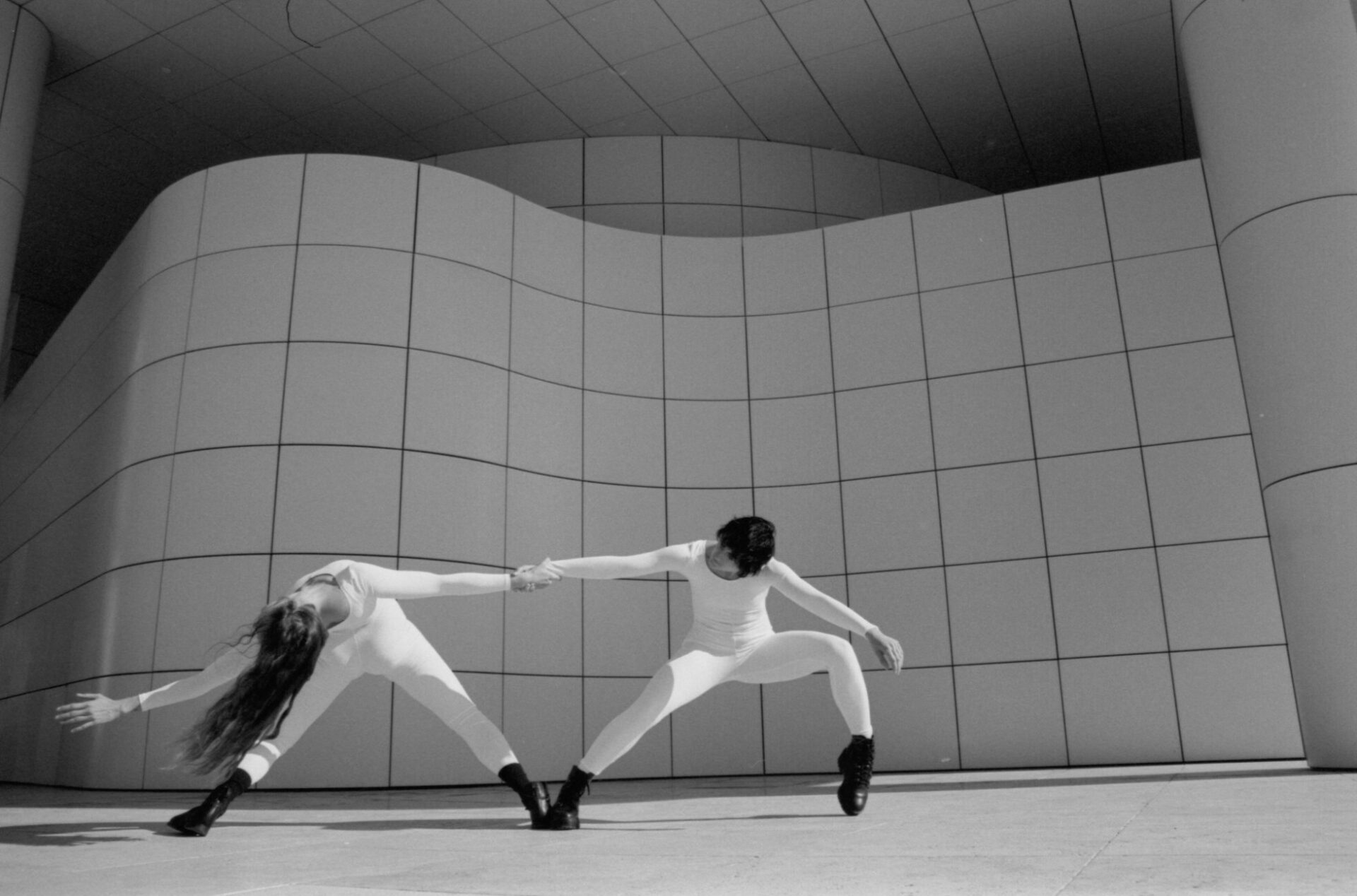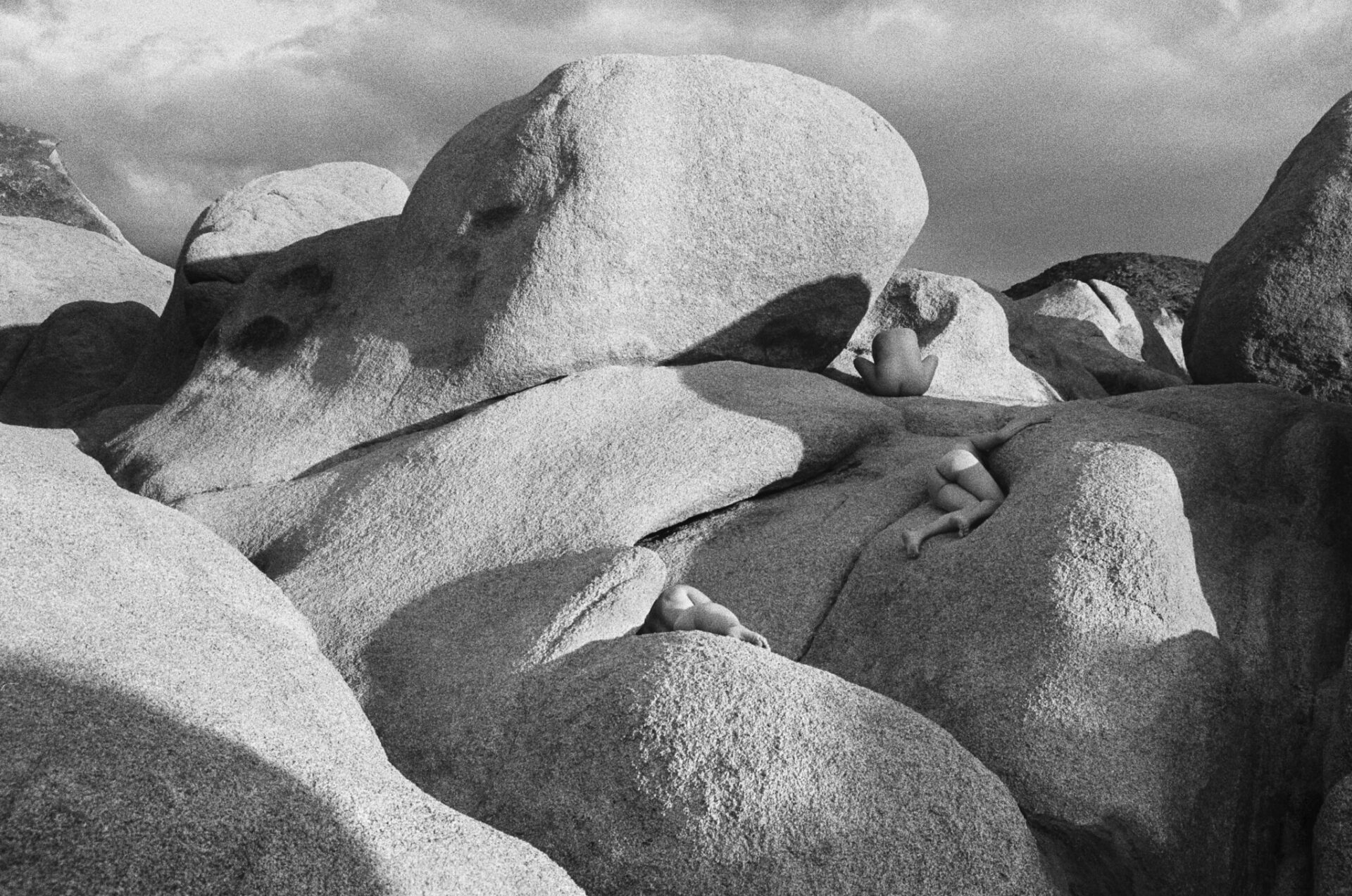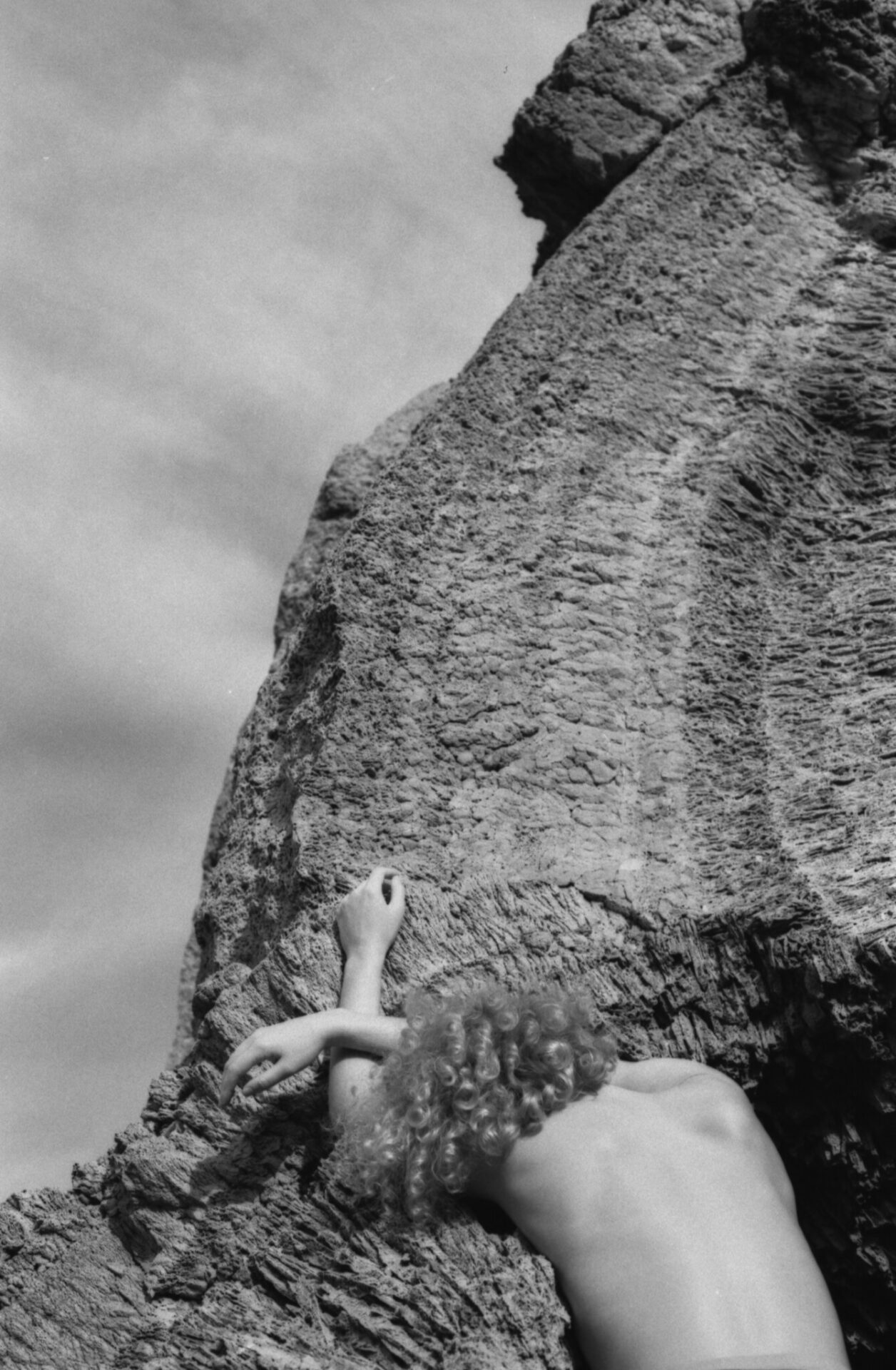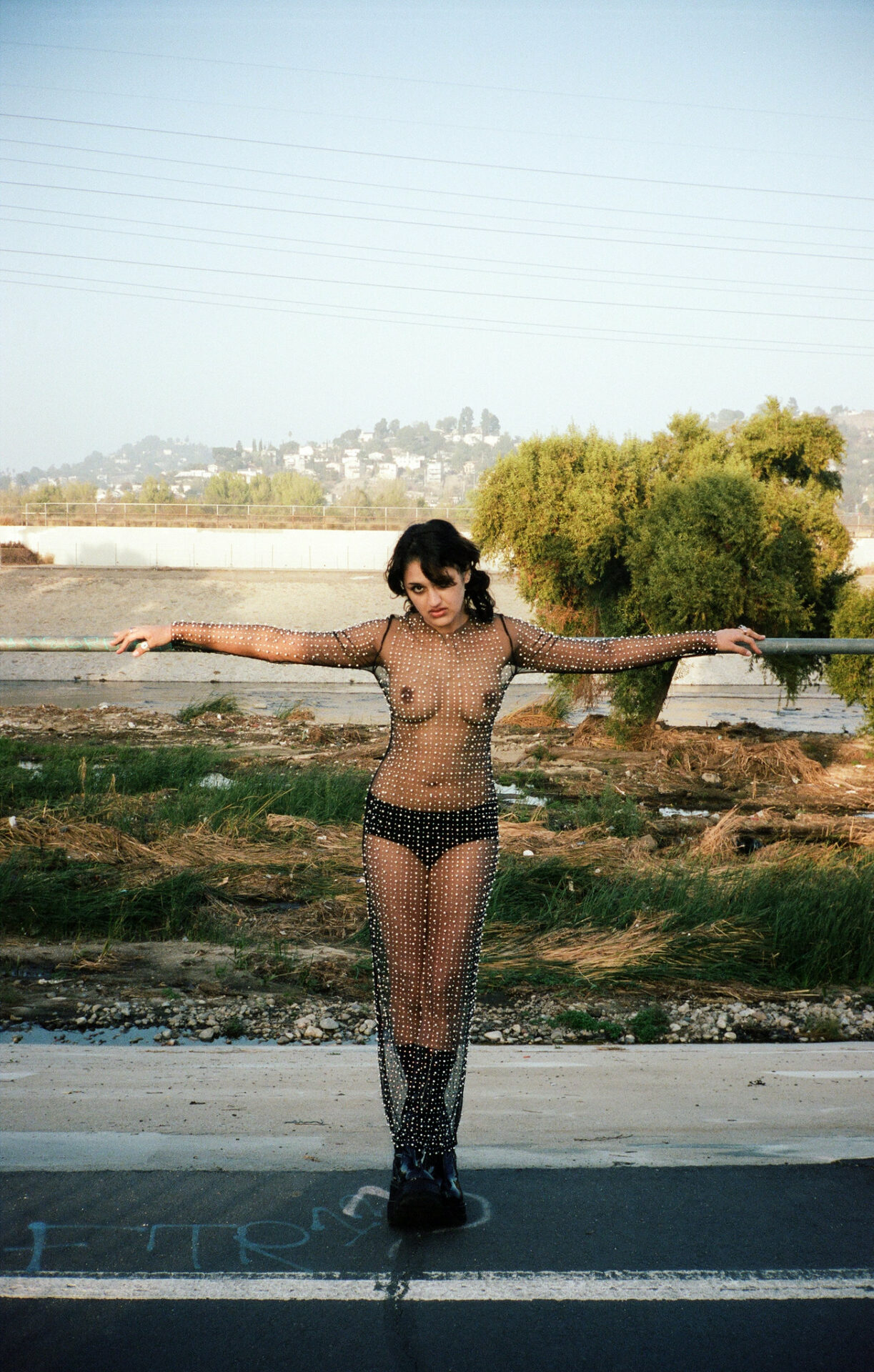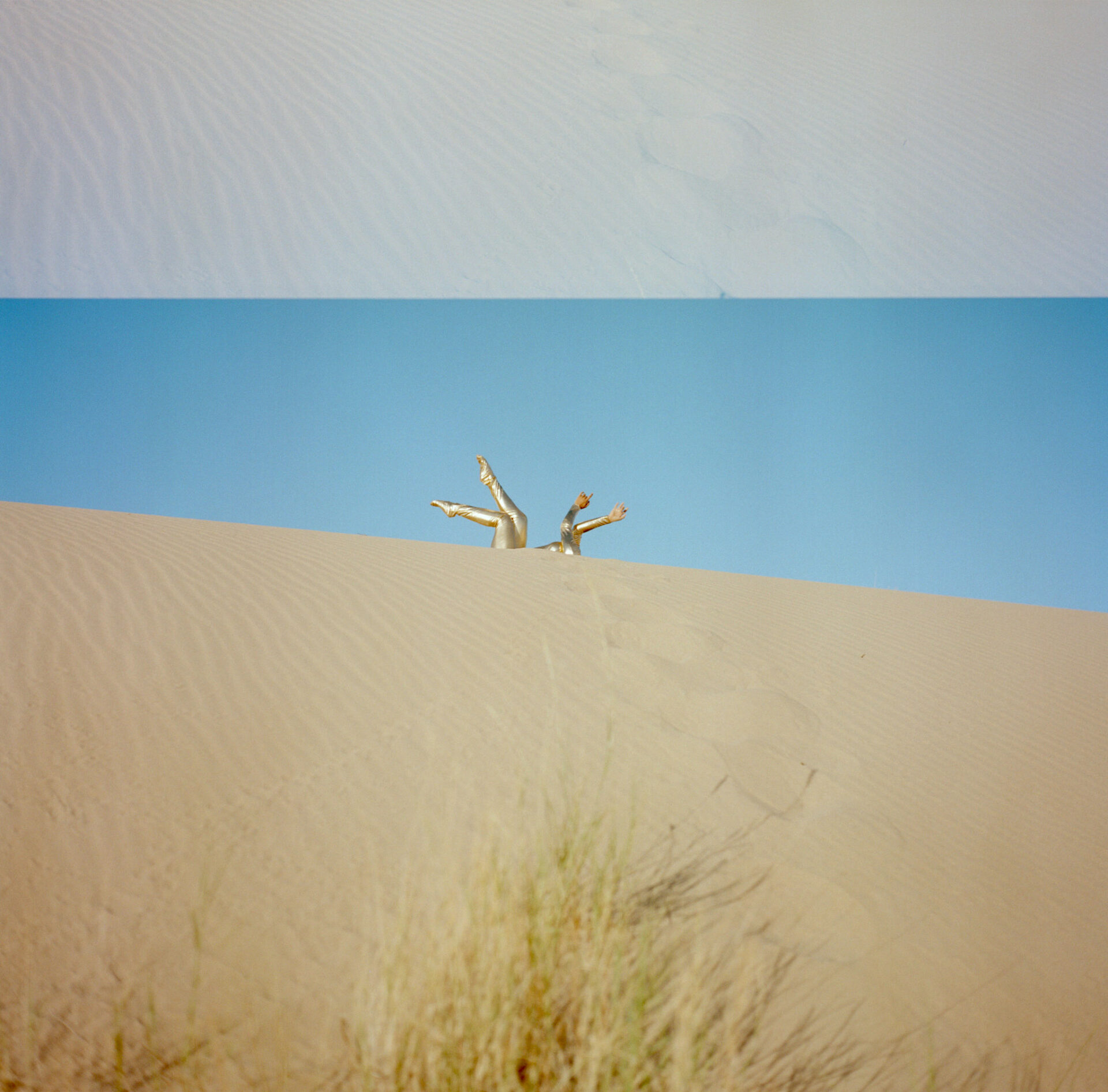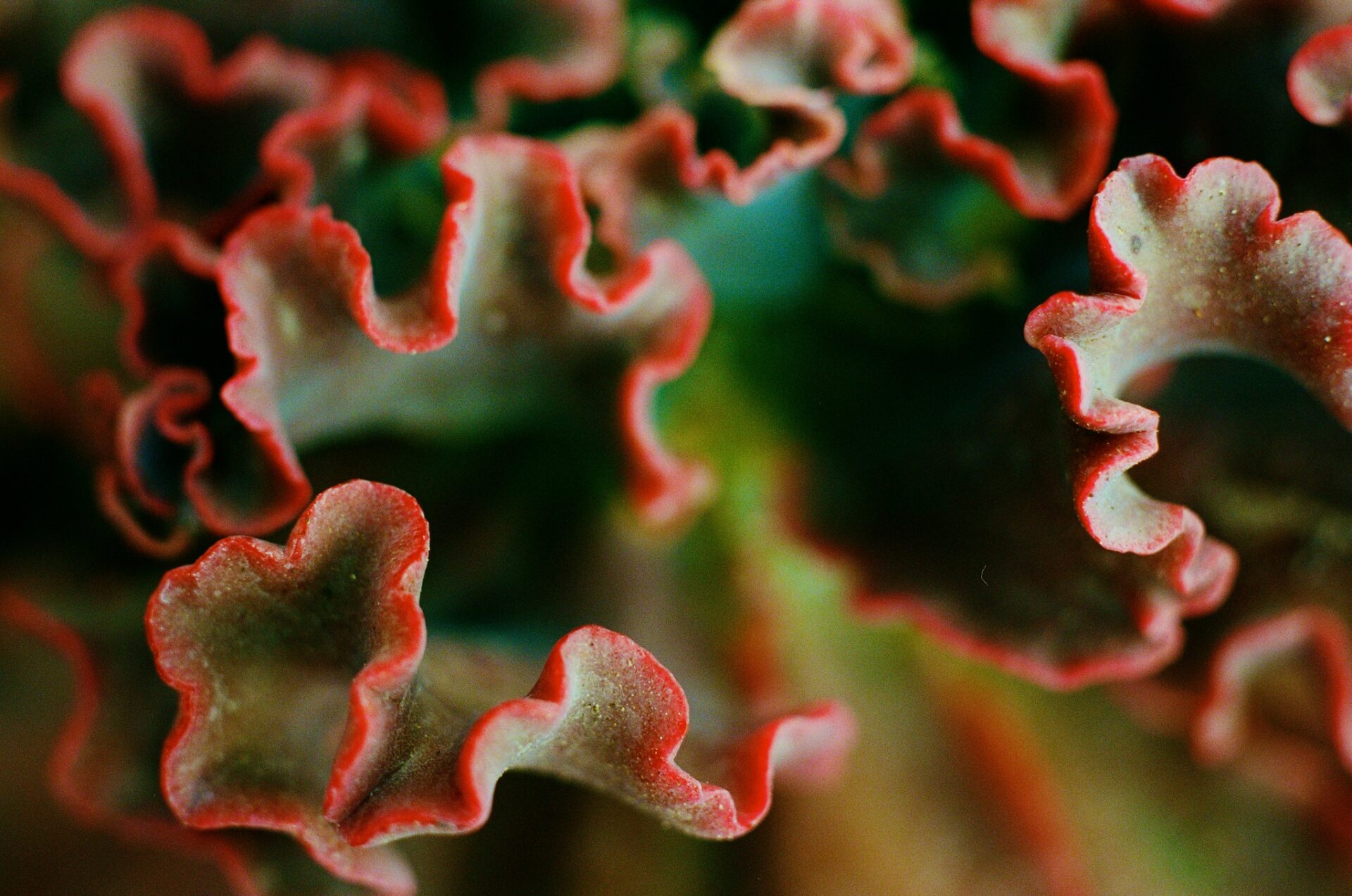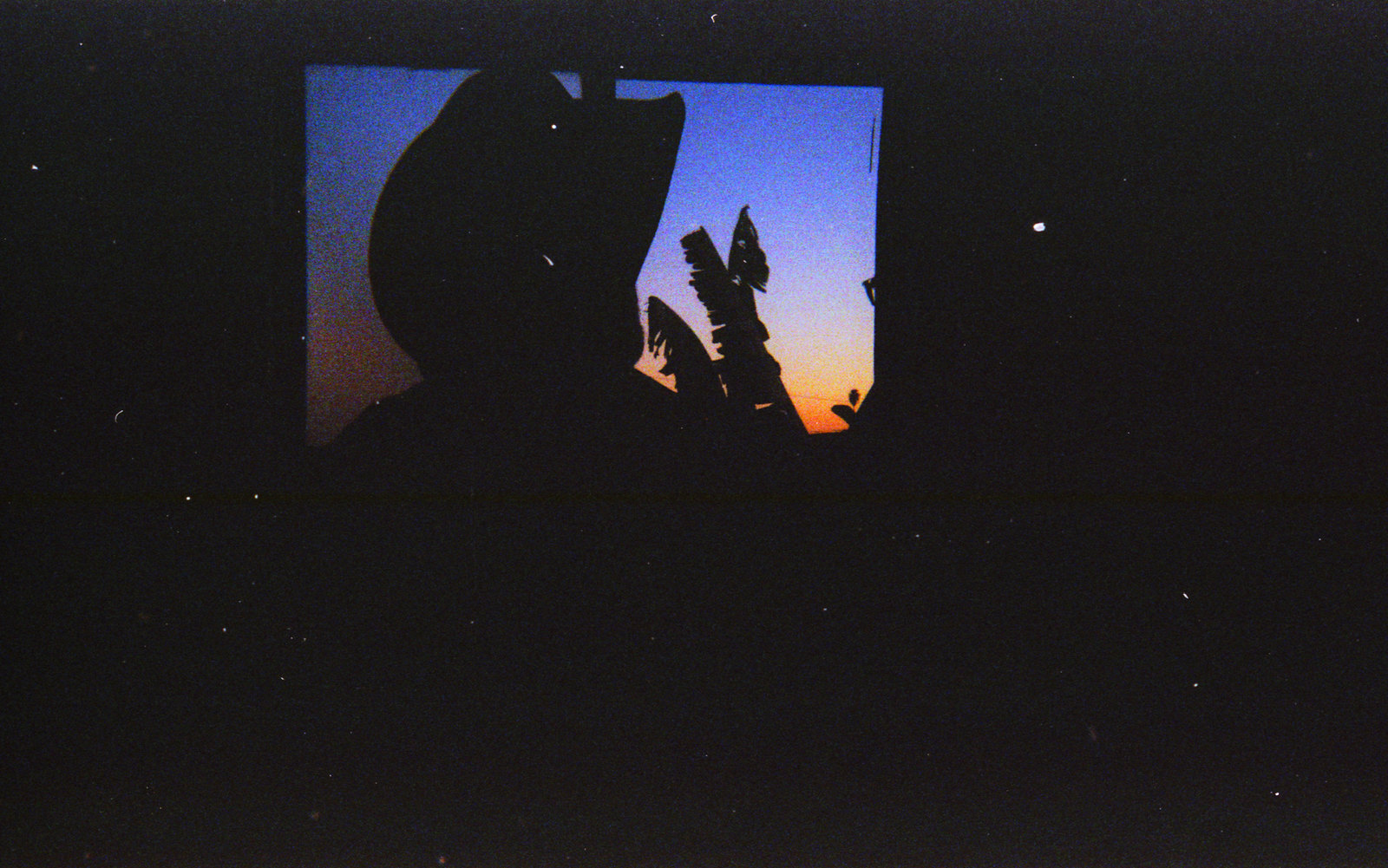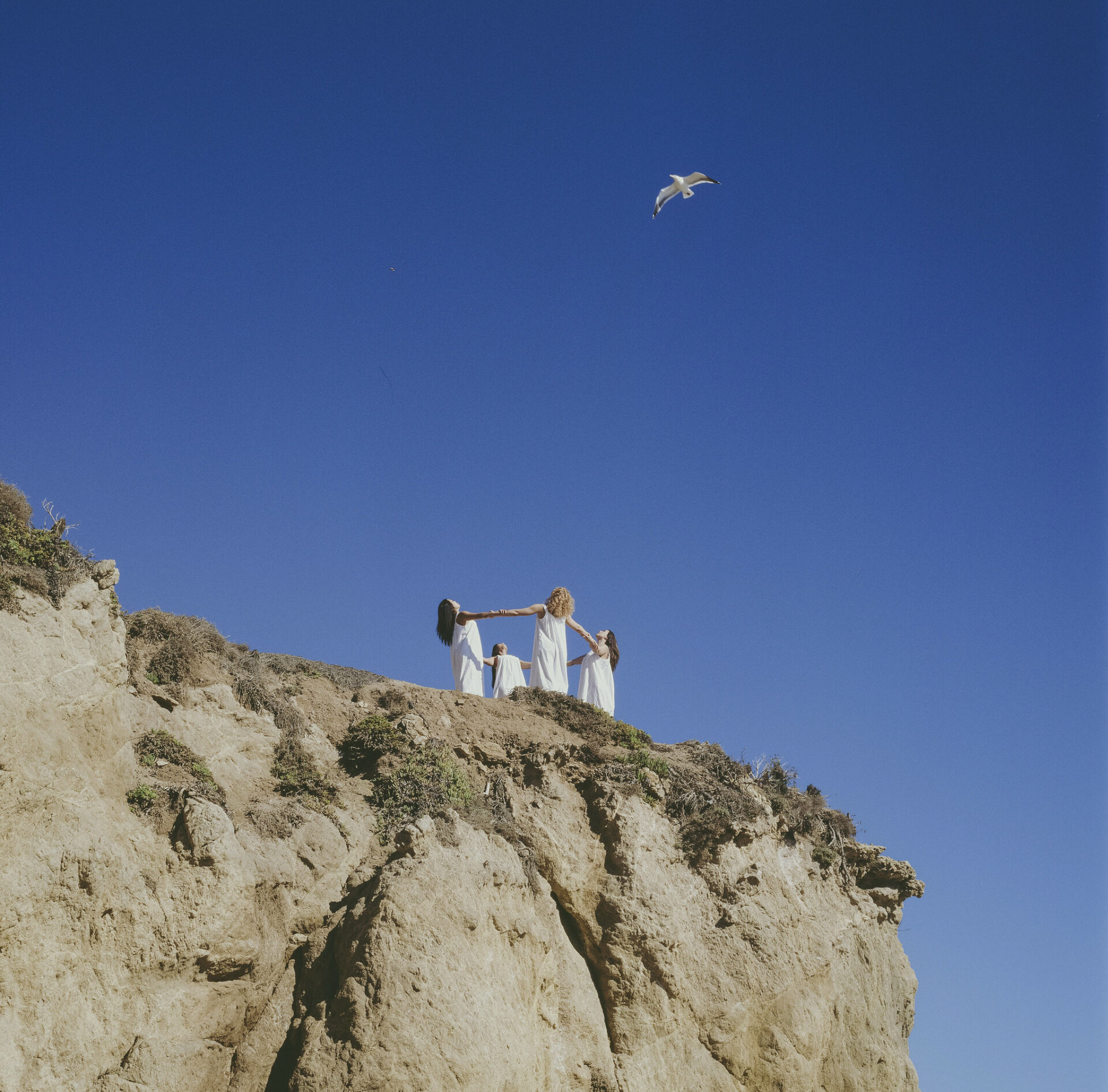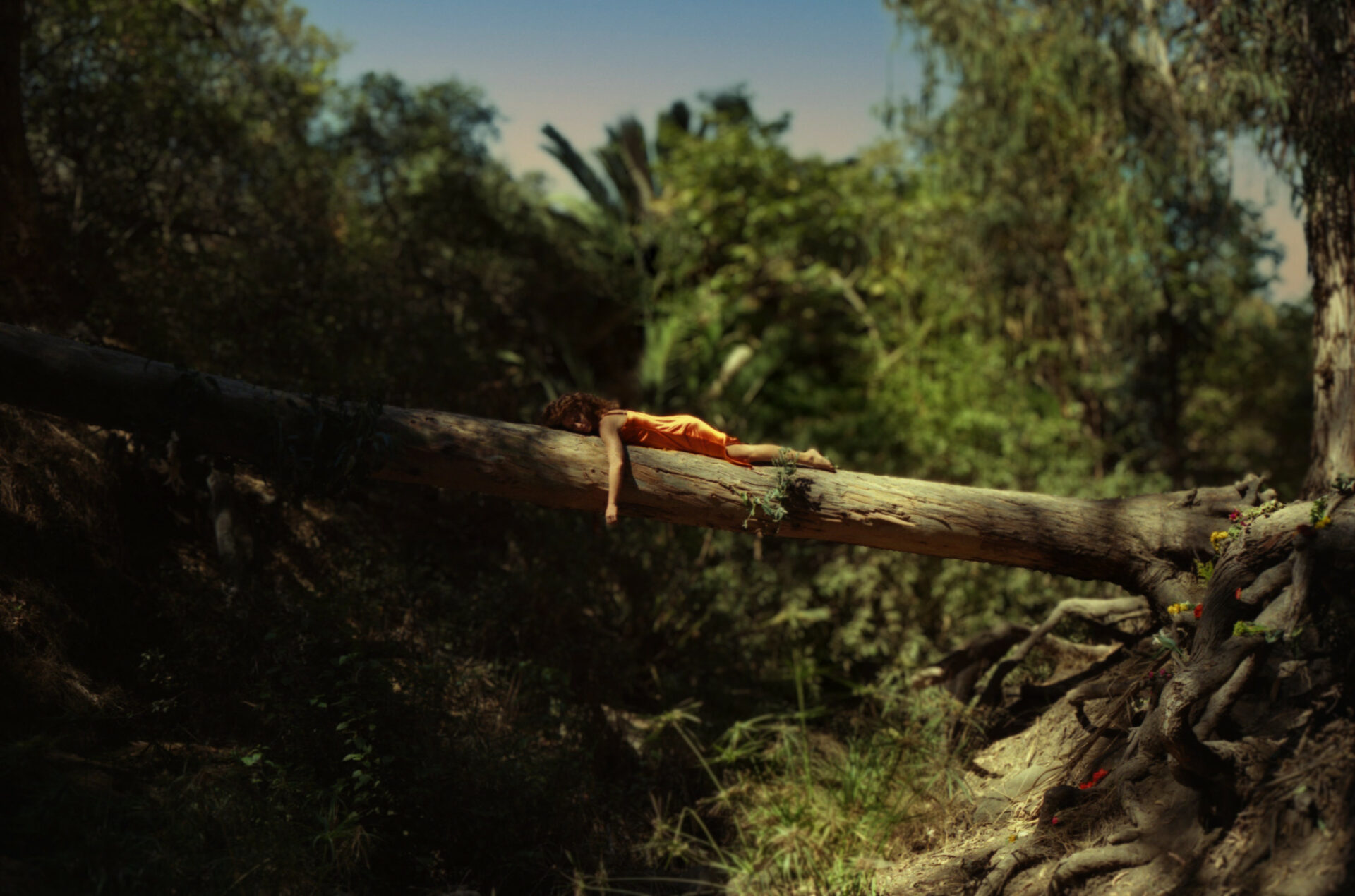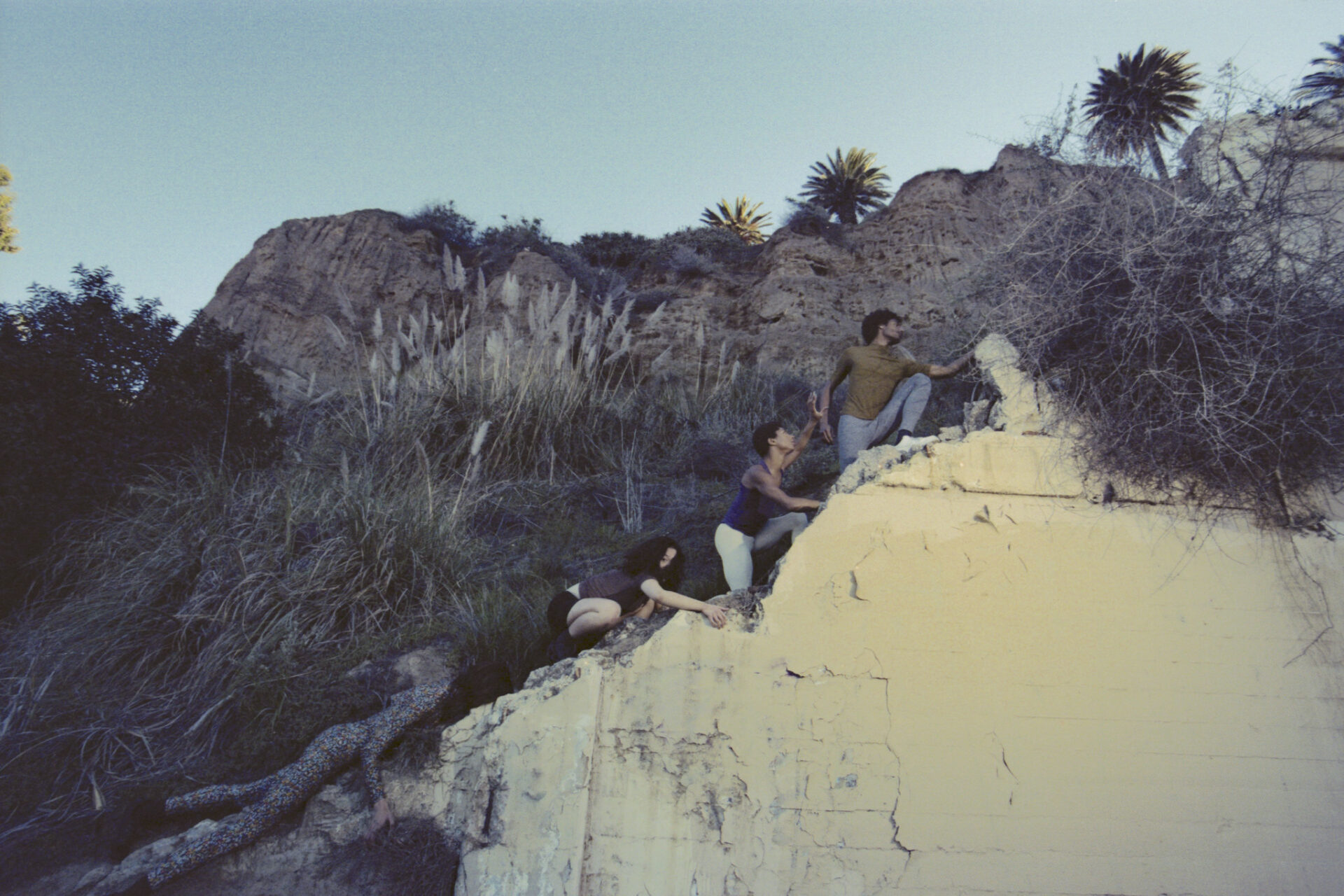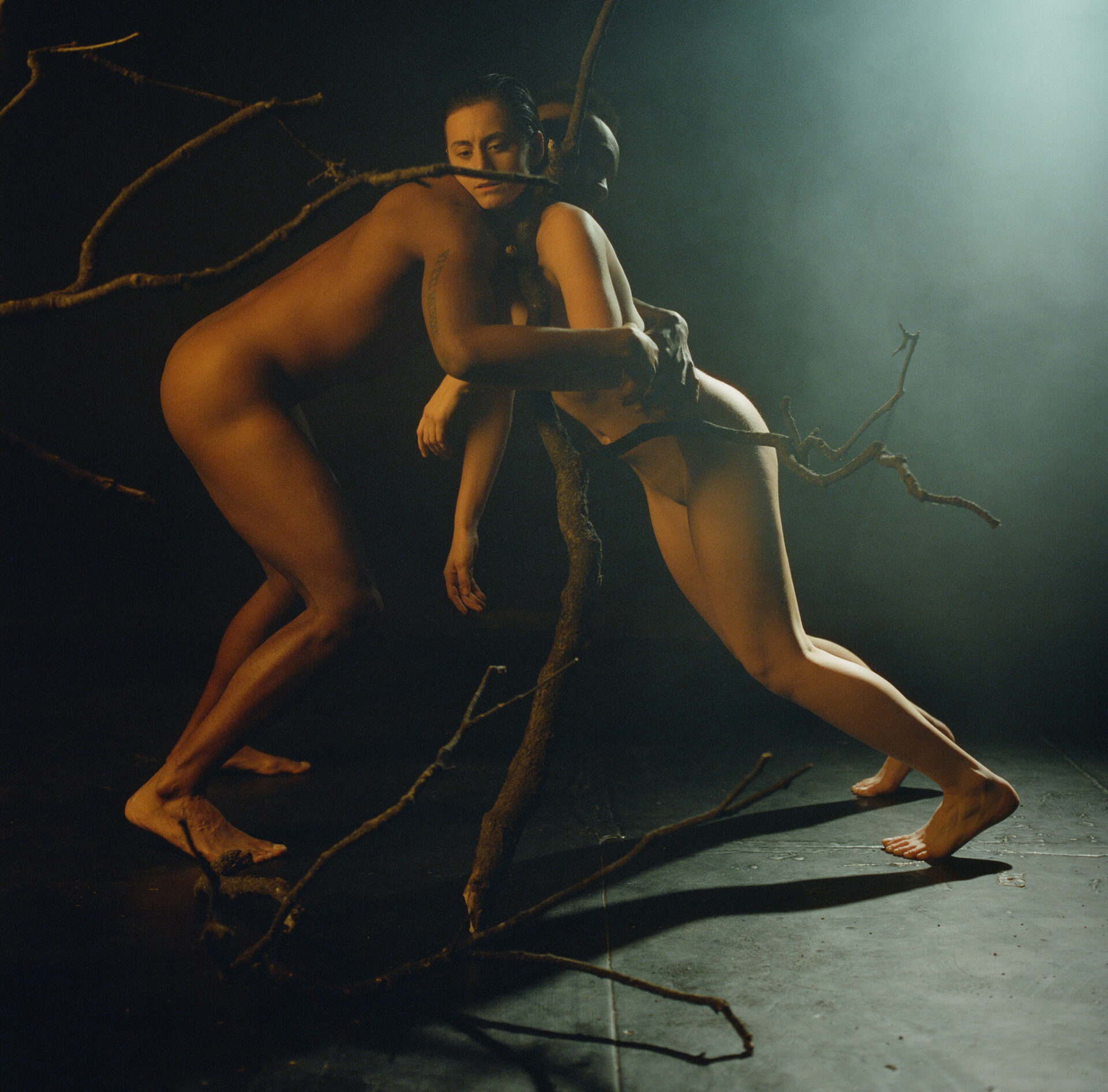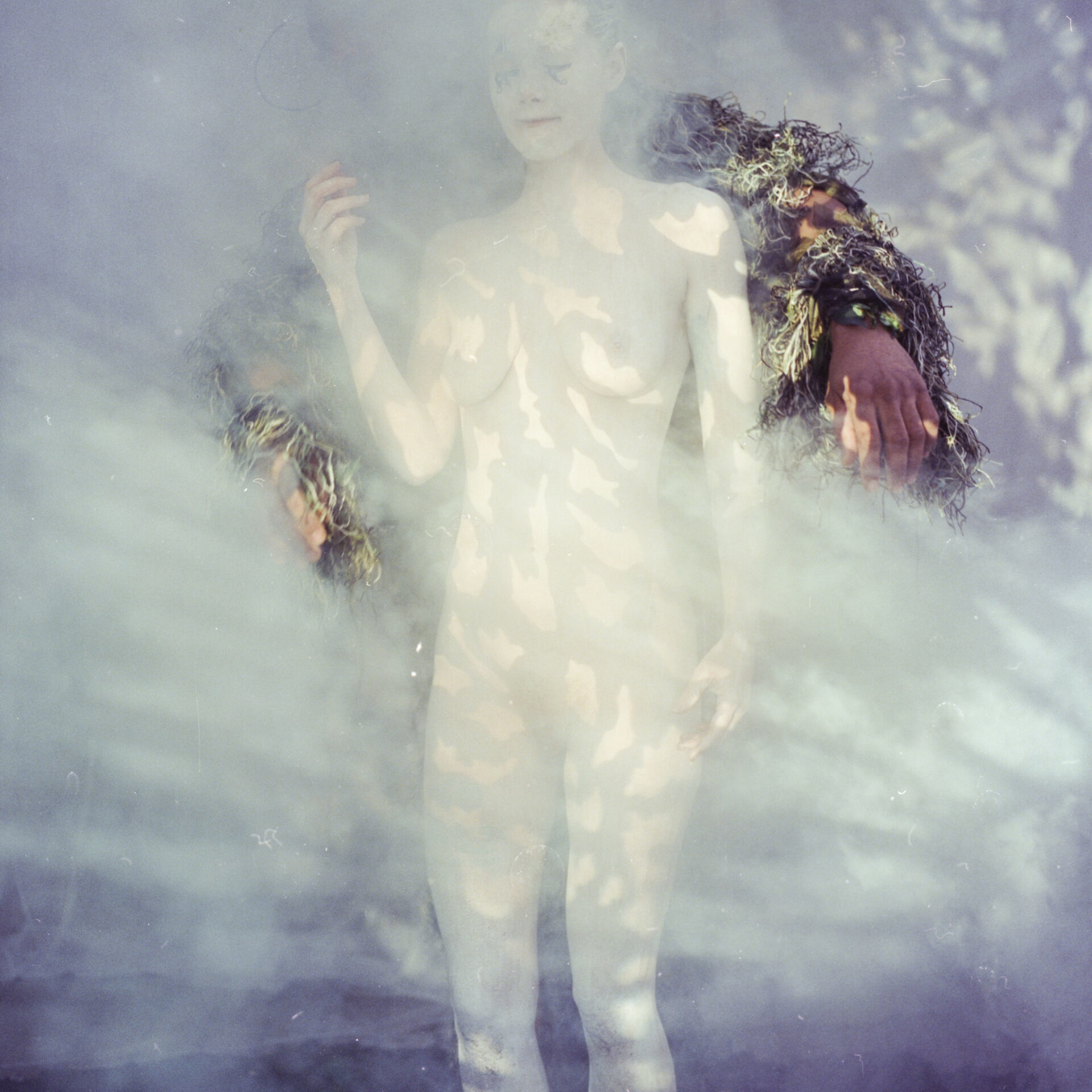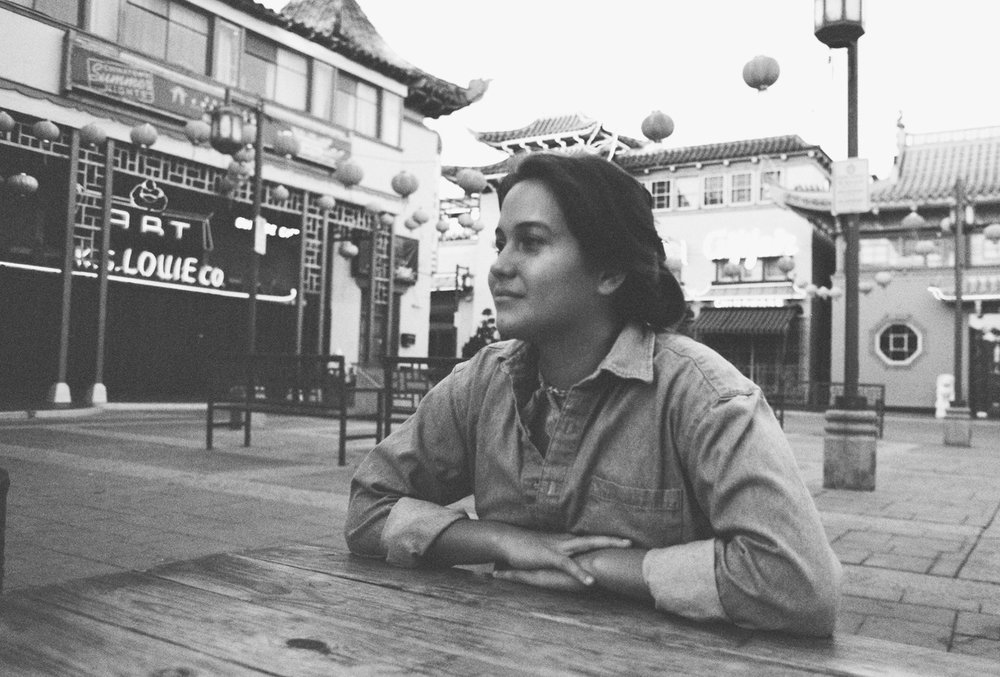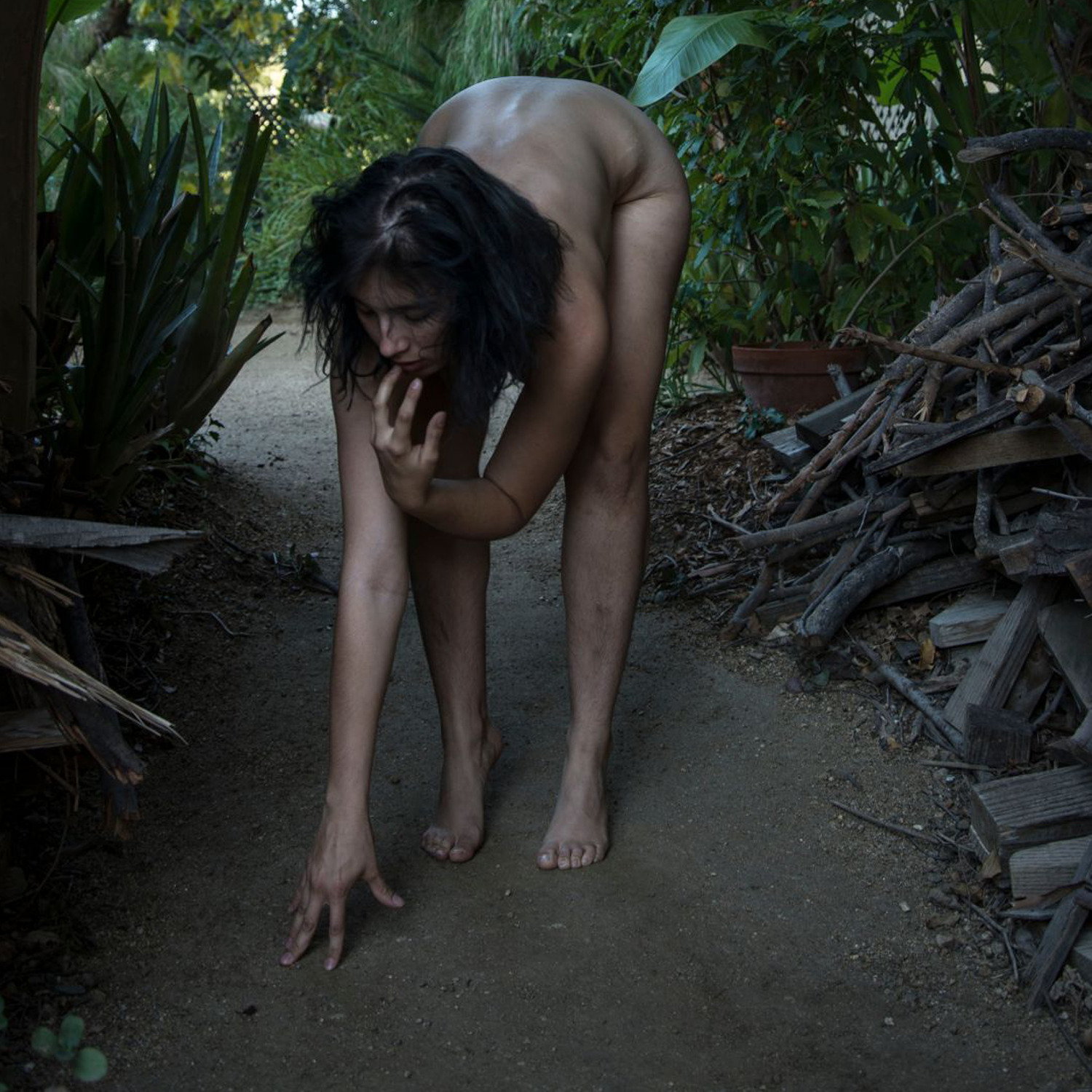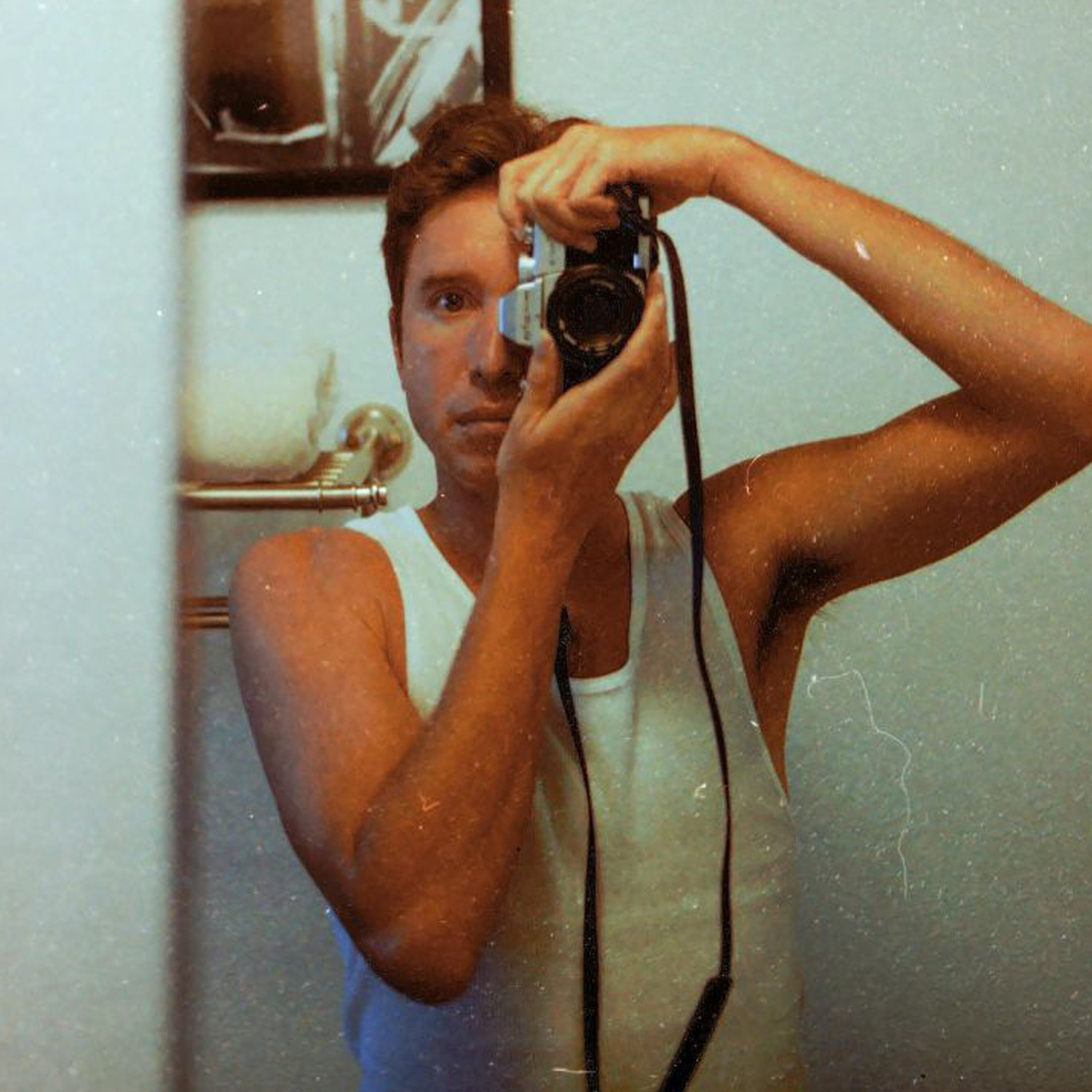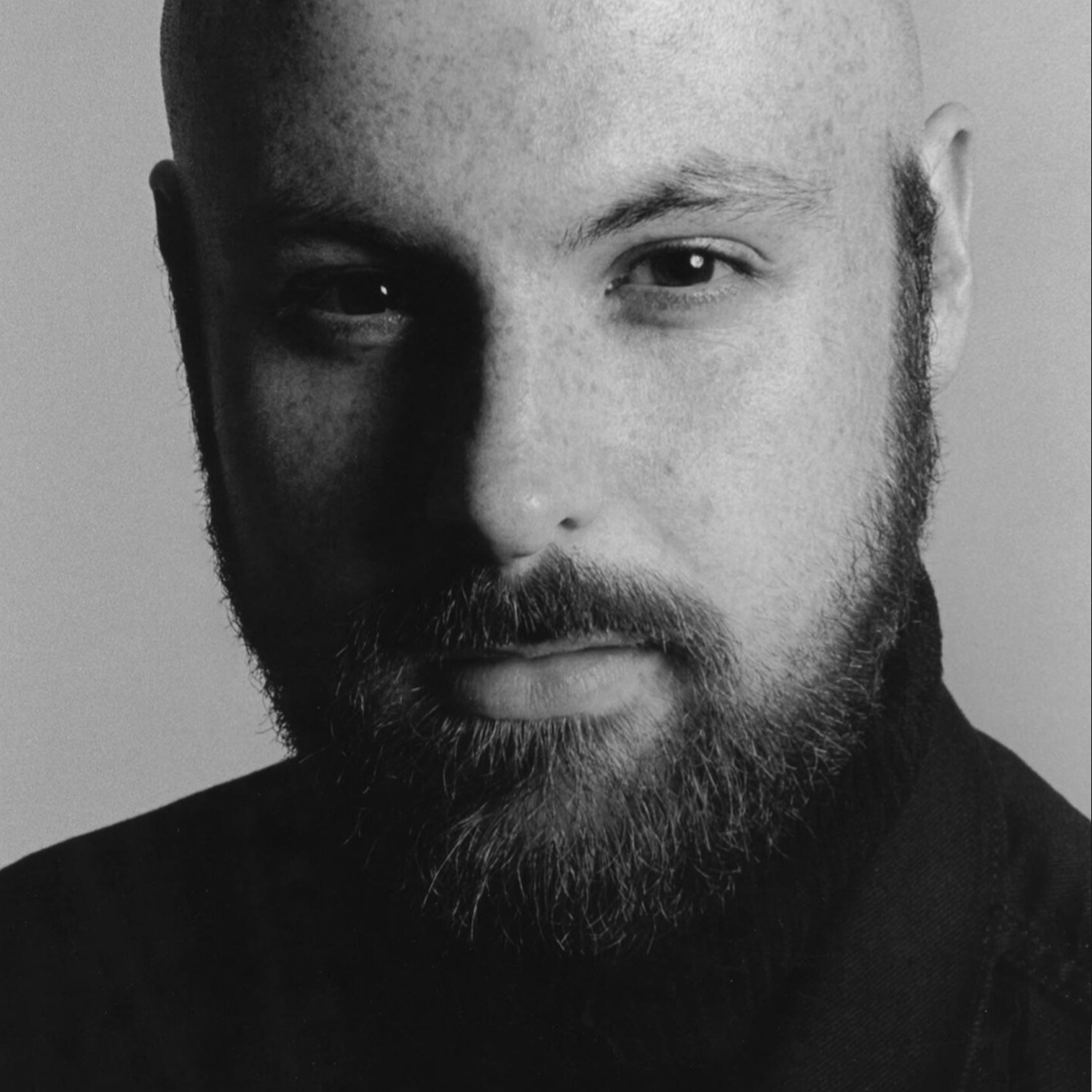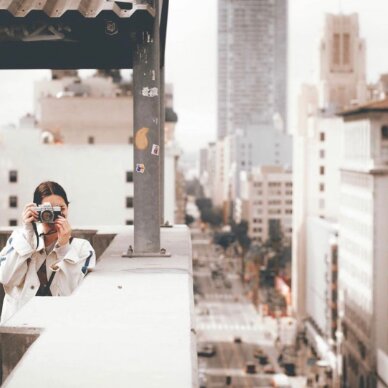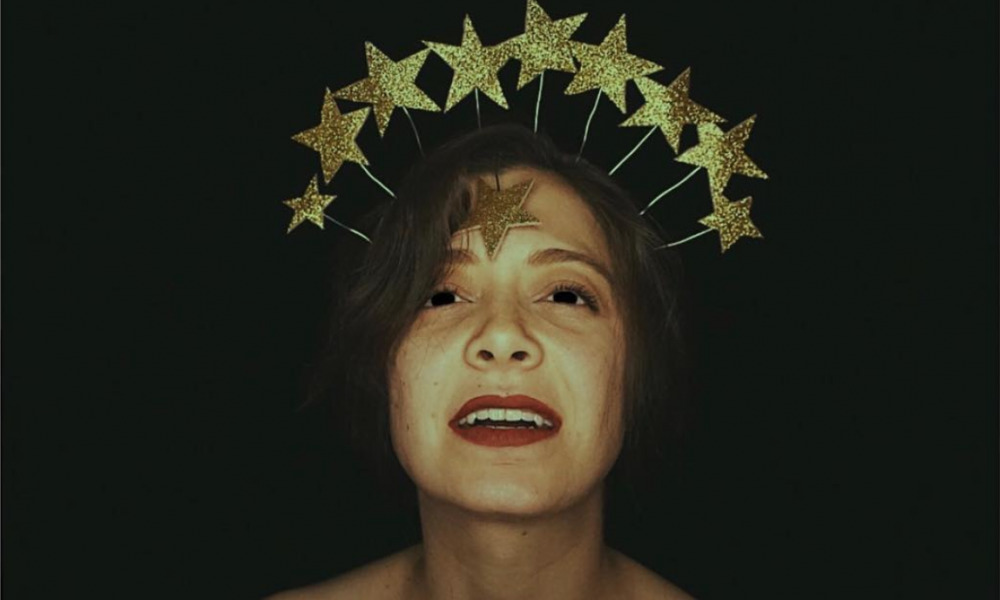Forecast Journal Bio:
Swiftly, inexorably, members of our species are beginning to become aware of a world that exists beyond the confines of our specific cultures and lives — beginning to recognize, that is, that our own personal, social, and political crises reflect a growing crisis in the biological matrix of life on the planet. The ecological crisis may be the result of a recent and collective perceptual disorder in our species, a unique form of myopia which we now perceive and must race to delay and correct. For many who have regained a genuine depth perception — recognizing our own embodiment as entirely internal to, and thus wholly dependent upon, the vaster body of the Earth — the only possible course of action is to begin planning and working on behalf of the ecological world which we now discern.
And yet ecological thinking is still having trouble taking root in the human world, despite these past two years of global pandemic and accelerating ecological disasters — it is still viewed by most as just another ideology. Meanwhile, ecological science remains a highly specialized and inaccessible discipline circumscribed within a mostly mechanistic biology. It is my belief that this collection of imaginative approaches to Sustainability can provide seeds for new and radical philosophies of ecological awareness. This issue of Forecast seeks to remain true to the diversity of experience in our biosphere and suggest a range of cultural transformations that withstand the test of time, remain relevant, solve problems, create legacy, and offer a capacious way to think about the world we share with other kinds of beings.
Issue 9 is unique in that it begins with the stories places tell about themselves, through their human interlocutors. Some of us listened to the speech of stones, as renowned writer Terry Tempest Williams did, in her beloved Castle Valley, Utah. Others performed eco-sexual marriages with the earth (Caroline Huntley Coxe) or drove through the western US on a road trip seen from the perspective of bison (Brooke Williams). Often, the focus was boldly imaginative, for example considering the stars from the Atacama desert in Chile and how indigenous cosmologies contribute to emerging discourse on space exploration, synthetic biology and extended intelligence (Prathima Muniyappa).
A selection of non-fiction reportage offers a deeper investigation into diverse topics, such as indigenous approaches to fire control in California (Char Miller), trans and BIPOC activist resources for mutual aid during the pandemic (Li Pallas), and how to die a green death and live a green life (Caylin Ellowitz), with a discussion of eco-funerary practice, adaptive reuse, and sustainable development. Often, the focus is close to home, whether in designing fashion that can be created from trash (Abigail Tate + Jessica Prasertsri), or analyzing the role of health care workers and their families during the COVID-19 crisis, as a form of secular religious sacrifice of the economically insecure (Tsering Say). In different ways, two writers offer philosophical essays that consider alternative cosmologies and cultural ontologies that contribute to emerging discourse on indigenous futurism and sacred technologies (Kythe Heller + Rodrigo Cáceres). We round out the issue with an interview that re-imagines the colonialist implications of the white cube as an art space (Jeff Mark Leavitt + Caroline Huntley Coxe) and a poem that zooms out to consider the geological time scales of the biosphere we inhabit together (Katy Gurin).
As Forecast continues to add exploratory media channels, the opportunity for mixed-genre (and mixed media) has grown for the artists involved. We are thrilled to present our first issue devoted to sustainability; we hope it inspires and challenges you to create the future you seek.







